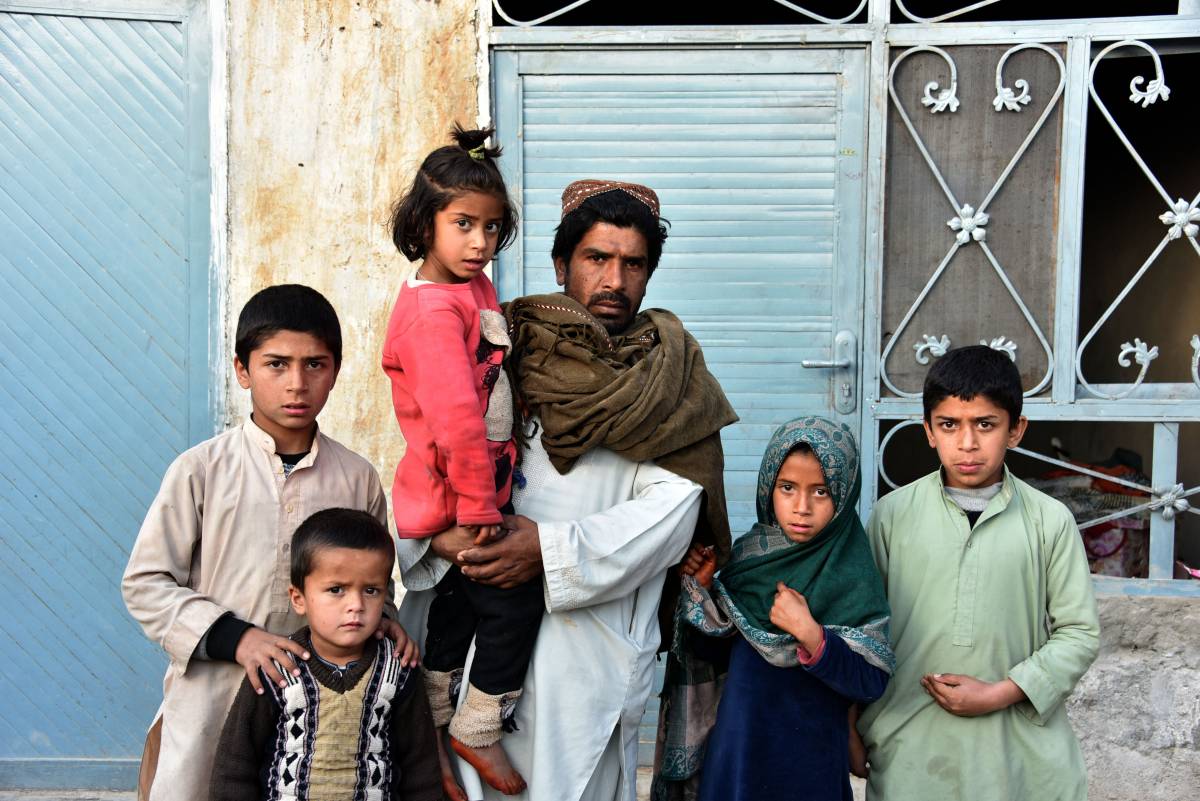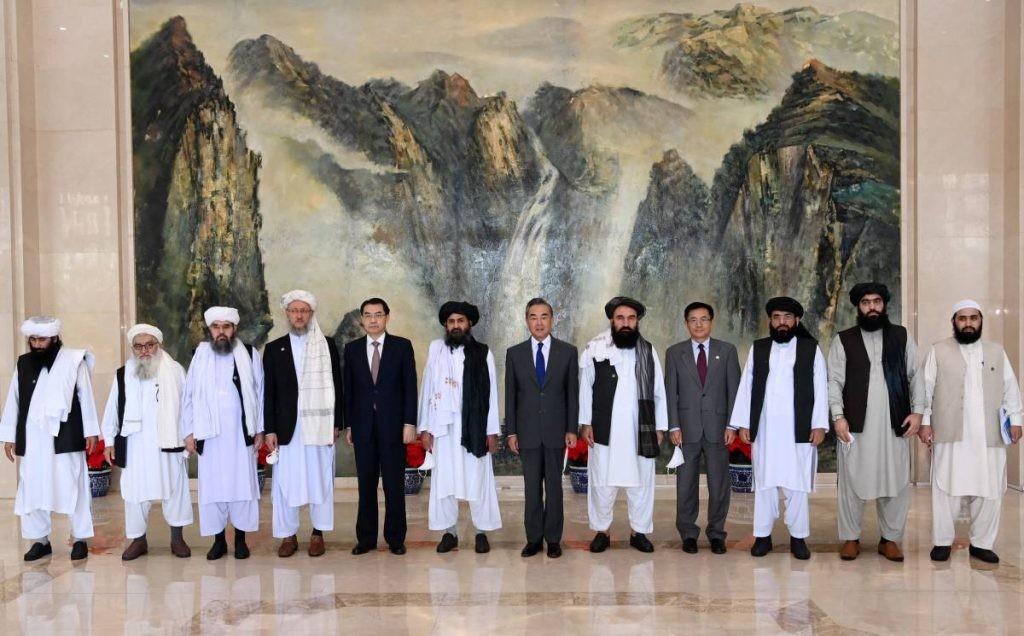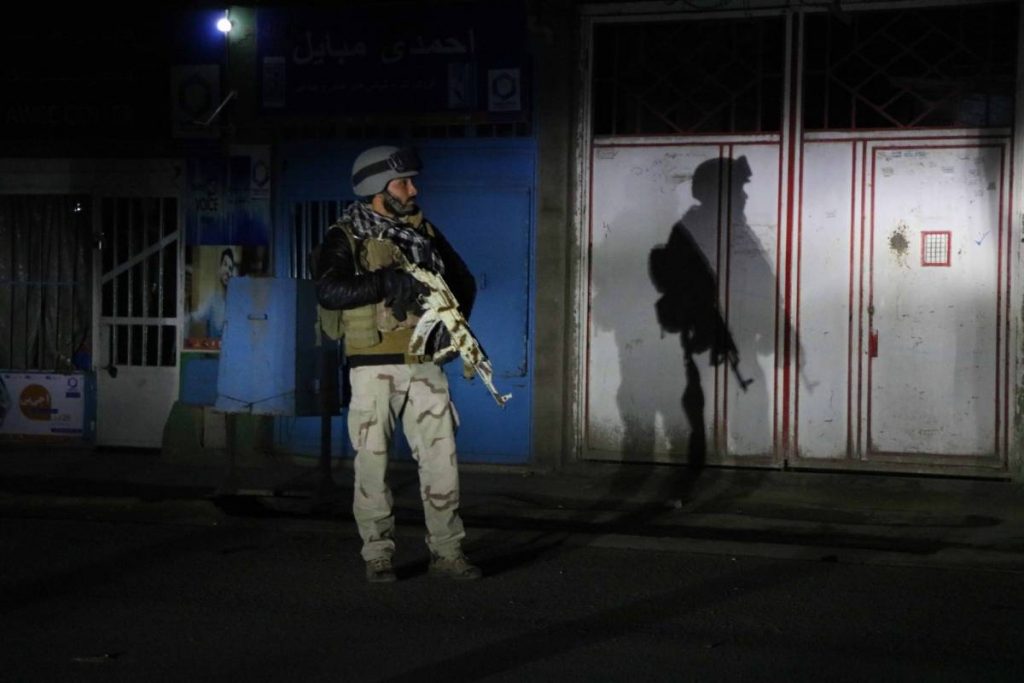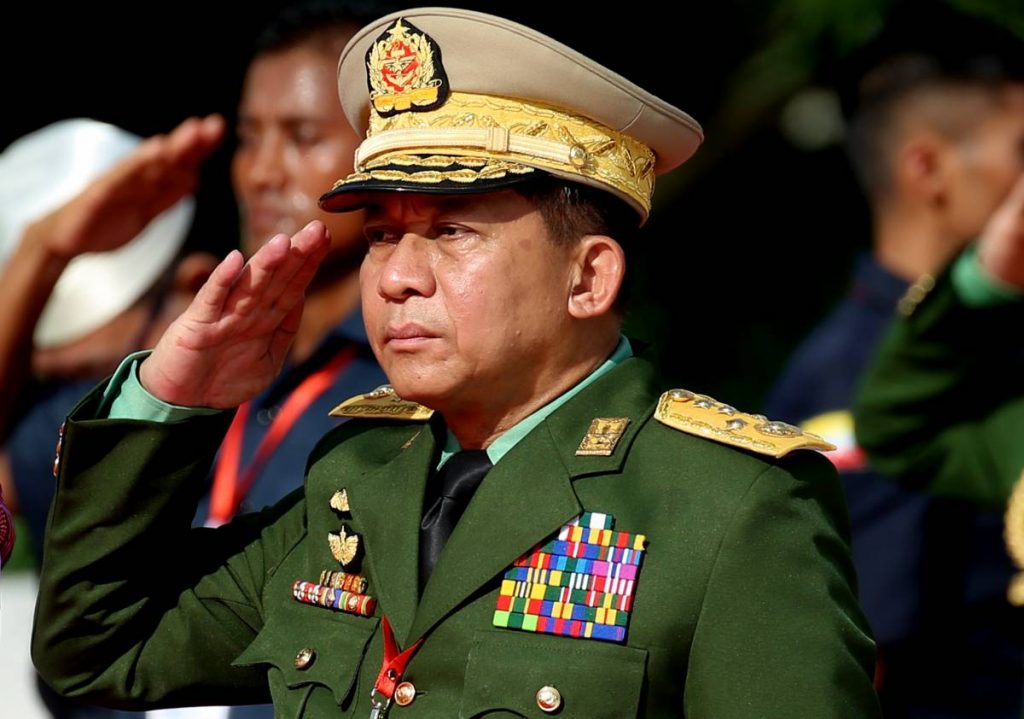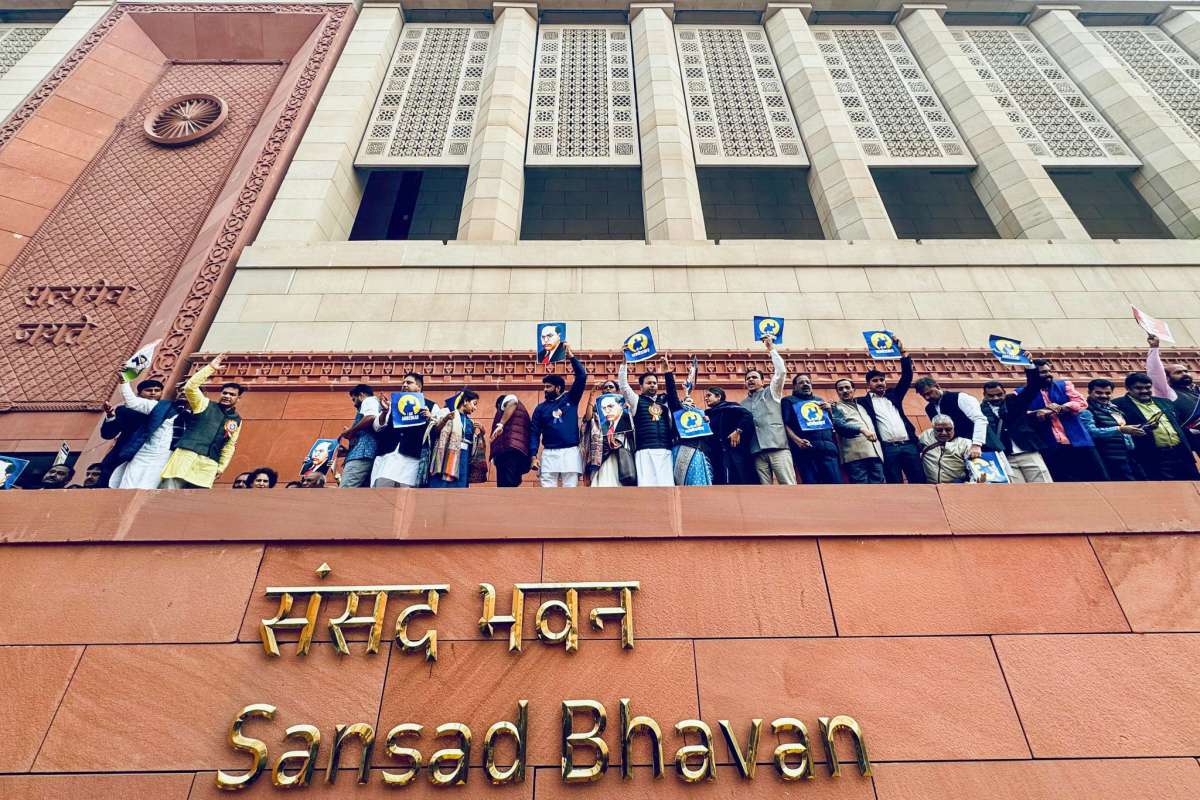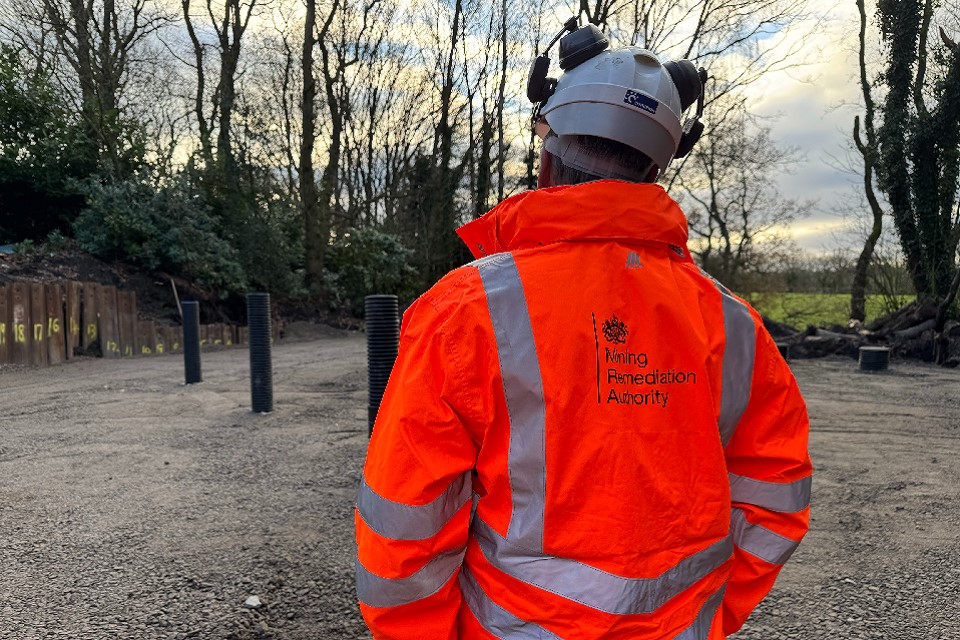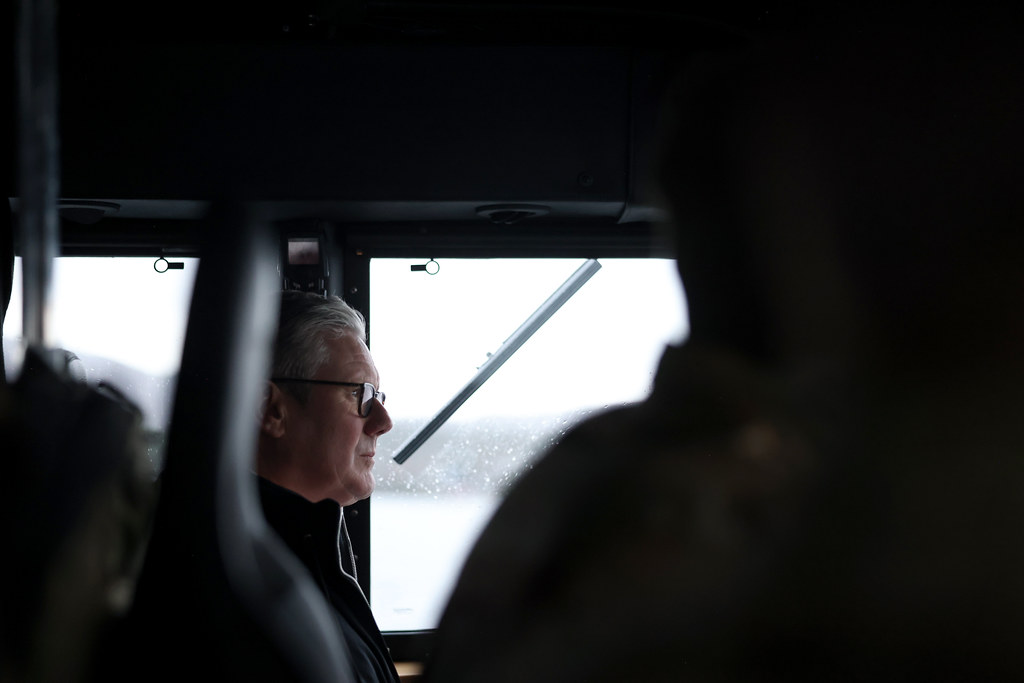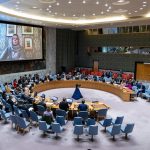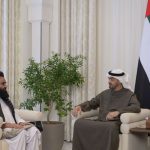Pakistani National Security Advisor said that if a civil war erupts in Afghanistan, the asylum seekers should not be pushed towards Pakistan…reports Asian Lite News
Pakistani National Security Advisor (NSA) Moeed Yusuf has said that the country cannot accept additional Afghan refugees and the international community is obliged to make arrangements for them inside Afghanistan.
Yusuf said that if a civil war erupts in Afghanistan, the asylum seekers should not be pushed towards Pakistan, according to media reports.
The NSA and Faiz Hameed, head of Pakistan’s spy agency Inter-Services Intelligence (ISI), had embarked on a visit to the US for discussions over Afghanistan and bilateral issues.
While Hameed has left Washington, Yusuf is still in the US.
When asked about Pakistan’s relations and influence over the Taliban, Yusuf said that they have minimum leverage.
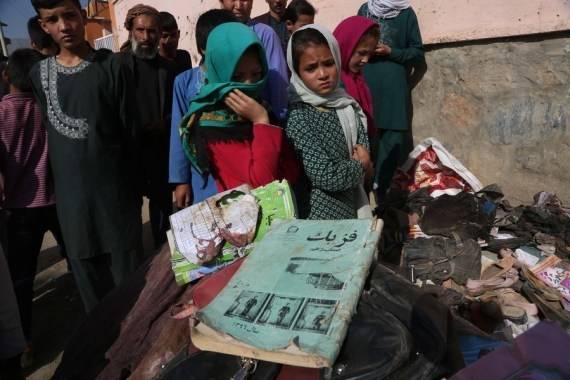
He said that if Pakistan had influence over the group they would have prevented them from destroying the Buddha idols in Bamyan province in the 1990s.
Earlier, Pakistan Prime Minister Imran Khan had said the country is already hosting nearly three million Afghan refugees and it does not have the capacity to accept more.
ALSO READ: Noor Mukaddam murder shakes Pakistan
Reports said Tajikistan, a northern neighbour of Afghanistan, has announced to accept up to 100,000 Afghan refugees but also acknowledged to remain cautious while allowing the people in and will not give refuge to those who have worked with the US.
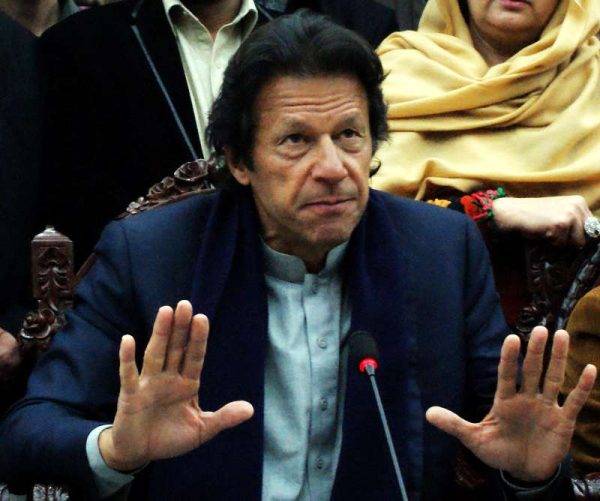
Pakistani officials are demanding that the world make arrangements for the refugees inside Afghanistan, amid fears that millions of Afghans may be forced to flee into neighbouring countries if fighting between Taliban and government forces intensify or deteriorate into a civil war.
“As a matter of fact, we are not in position to accept any more refugees,” Yusuf said during an earlier VOA interview.
Almost 3 million Afghan refugees, half of them unregistered, have been living in Pakistan since the Soviet Union’s invasion of Afghanistan in 1979 and subsequent waves of violence and later a civil war, according to the UN.
